Tel Aviv
Like most people, and most Jews, I’ve been experiencing the war in Israel and Gaza from thousands of miles away. I spent the weeks after October 7 with my face glued to my phone, rather than hiding in a shelter as rockets flew above. I experienced every wave of despair, every GoPro atrocity, every moment, hours away in another world; one that wasn’t directly affected by the chaos but was still consumed by it anyway. When the kibbutzim were being destroyed by gleeful Hamas militants, I was at a wedding in Barcelona. When Israel started to fight back, I was safely at my desk doing my work emails, ensconced in the security of distance.
I’ve always been a supporter of Israel — it’s hard not to be when your sister just left the IDF, your dad’s family are all still there and you hold dual citizenship. In the immediate wake of October 7, like so many other Jews, I was overcome by righteous fury. The enduring promise of Israel — that it was the one place where Jews could be safe — lay shattered, the victims mocked online while the world sided with our enemies. The only way I thought I could help was by posting like a terminally online partisan. Righting every piece of misinformation I saw, trying to beef with a thousand different anons, each more bizarre and deranged than the one before. Going deep into Telegram and WhatsApp groups and Twitter/X, I became not just an Israel fan, but an Israel reply guy; an Israel simp if you will.
But the days passed, and I was subjected to wave after wave after wave of criticism, and when Israeli officials repeatedly let their emotions boil over, saying things I wish they hadn’t, I cracked slightly. While I never had any doubts about the necessity of most of Israel’s actions in Gaza, I lost the stomach for it. I was embarrassed that my country was allowing itself to be beaten up in the discourse over and over. That it felt like more and more of the people I respected on- and offline weren’t willing to see what I could: that while Israel may overstep sometimes, it’s no different to any other country, with flaws and screw-ups — especially during a war.
I was sometimes embarrassed by the overzealousness of my own side, people I respected suddenly abandoning their faculties to react with bile and fury at the most minor of slights from anyone anywhere who dared to be slightly less full-throated than they in their defense of Israel. At moments, apparently in hopes that they might be true, they shared things they knew must be false without a second thought. While I knew and still know that Israel is not a settler-colonialist project, that it’s not a bloodthirsty regime hell bent on genocide, the sheer weight of repeated assertions began to wear me down.
But then I went back to Israel. The second you step off the plane, the thought that American ideas of race could be even vaguely applicable, that Israel is a “white supremacist” settler-colonist outpost, is instantly dispelled. Tel Aviv feels more diverse than any American city, its beaches and bars packed with an insanely attractive array of people from all over the world. Despite the war, there are expats, there are foreign workers, there are millions of people — fewer than half of whom are “white” — going about their lives like everyone else.
In Jerusalem, a city of mixed faith for thousands of years, I saw families wearing hijabs picnicking in parks next to secular Jews. At the city’s marathon, I saw prayer mats facing east near the entrance, and runners with their Jewish prayer shawls flapping as they jogged. I mention these little moments not because I found them remarkable — they’re routine in Israel and have been for the last few decades I’ve been visiting. I raise them because seeing them for myself during this conflict, I realized how I’d taken them for granted. I had feared that perhaps the war would have rewritten the DNA of Israeli society.
But it hasn’t. Far away from the culture wars, on the frontlines of the actual war, life goes on. Israeli society has not been infected with the poisonous black and white discourse of the West. If you speak to Muslim citizens of Israel, 70 percent of whom have said the October 7 attacks made them feel more Israeli, there is little animosity. In 2021, during the last round of violence, sectarian fighting within Israel destroyed towns and villages across the country. This time, nothing.
The Muslim areas I passed through were quiet. From Jaffa, home to flea markets and knafeh stalls and a Soho House, to Wadi Ara northwest of Tel Aviv, to the slick Roman street of Jerusalem’s Old City, there didn’t seem to be an imminent bubbling of ethnic tensions. Even as Ramadan started, and Israeli politicians urged caution, the usually febrile atmosphere that the holy month creates didn’t materialize. The expected violence? Nowhere to be seen.
In Tel Aviv, I spoke to businesspeople at Startup Nation Central — a nonprofit designed to help foreign companies invest in Israel’s wildly successful tech scene. Some talked of CTOs who joined Zoom meetings from the front lines and startups pivoting to helping support the IDF; in other words, people were adapting and surviving. They were annoyed that investment had dipped since the war started but were certain it was coming back soon. “The Israel of today is very different than it was before October 7, and people are carrying around with them a different feeling,” Aviva Steinberger, director of innovation diplomacy at Startup Nation Central, told me. “It’s a different environment and yet business is open. People are operating.” She was adamant about the fact that despite public proclamations, plenty of Arab investors and business were still interested in Israel.
The very-online boycott movement was clearly not scaring off Saudis and Emiratis looking for agri-tech. “Six months out and a year after prior conflicts, Israel has come back with stronger startups, a more entrepre- neurial spirit and a stronger economy in each and every single case,” Steinberger said. “And while this might take longer and might feel a lot more right now, our hope is that we will continue with the trend.”
On Kaplan Street in Tel Aviv, every Saturday night is a protest. The educated, liberal, English-speaking crowd was made up of those who above all else want to see the government fall. I spoke to a man called Ori, who’d come out to protest with his mom. He travels between Israel and the US monthly for work and, like most of the people there, wants to go around the world and not be embarrassed to say where he’s from. He’s not a white supremacist; his family comes from Yemen. He told me, “I’ve never felt threat- ened in the US, but I know in some cities it’s different — my friend was threatened in DC.”
His mom was more concerned. “Hamas has done a great job on propaganda,” she said. “I still remember when we had non-Jewish volunteers to the kibbutzim. They’re gone now. Israel is becoming a bigger ghetto.”
Beyond Tel Aviv, it’s a different world. Up in the northern, rural part of Israel where my family lives, people care even less about what the world has to say. Outside the cities, life in Israel is still hard. Most jobs are manual, and there’s even less interest in what the rest of the world thinks. They don’t speak English; they don’t know or care what the campuses of Columbia or Harvard think they are. Over dinner one night, a relative asked me if London was still an “antisemitic shithole.” They send their children to fight in Gaza and pray for their return, they don’t trust Bibi anymore, but they don’t know who else to turn to.
In the kibbutz where my family is from, there’s a small limestone quarry. Jewish Israelis and Arabs from inside Israel and the West Bank work side by side from the early hours, blowing holes in the mountain. It’s dirty, sweaty, dangerous work and there’s no room to treat those around you as anything but equal. There’s nothing special about the scene — it’s one of hundreds of thousands all over Israel happening all the time. In restaurants, in shops, in factories, there are a million different types of quiet coexistence, most of which have survived October 7.
The nastiness and insanity of online discourse flattens Israel to a caricature. In reality it is no different from any other country, but it’s portrayed as unique in either its evil or its future. When the public image of a country is shaped by people that have never been there, you end up with lies on top of lies.
Israel is neither a racist crusader state nor a flawless paragon of moral virtue that never makes a mistake. It is a country like any other. There are ugly elements of its society, and there is political incompetence in danger of leading the country to ruin. But where doesn’t that exist? There is not a nation on the face of the earth immune to demagogues, or whose people wouldn’t react with fear and rage when hundreds of them are massacred.
In all my conversations with Israelis, everyone I spoke to was unsettled, they were tired, they wanted to feel secure.
Over drinks in Tel Aviv one night, I spoke to a friend who’d just been released from reserve duty after three months in Gaza and the destroyed kibbutzim around it. I asked him what he thought of the world’s response — the surges in antisemitism, the marches that veer into hate mobs, the endless mindless discourse of the online left. He said he didn’t care. He’d spent three months in Gaza and now he’d come out of it, back to his wife and children. “I just care about what’s happening here,” he said. In a country with real conflict, no one has time for culture wars.
This article was originally published in The Spectator’s May 2024 World edition.



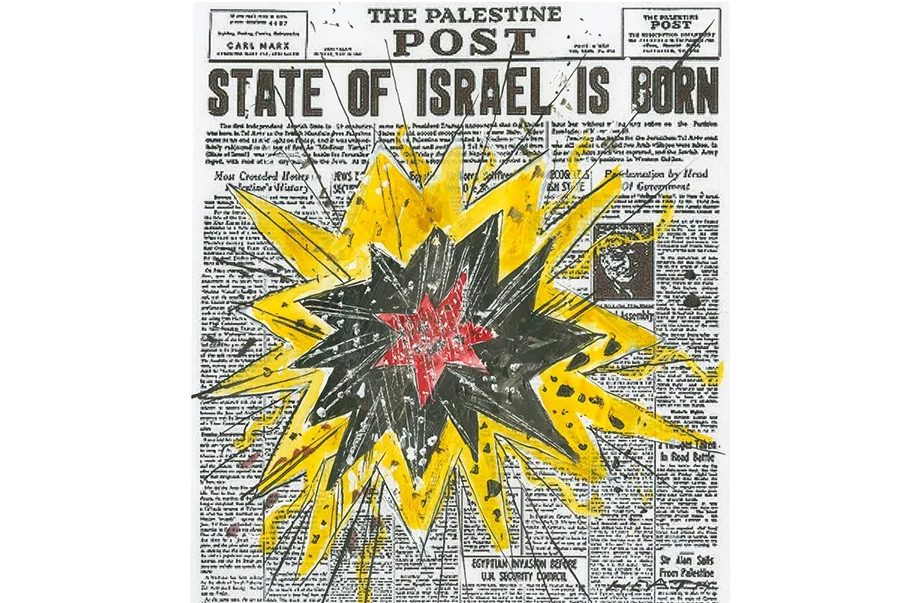






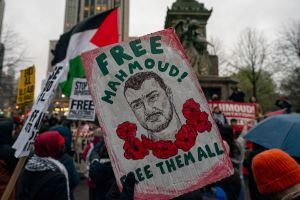
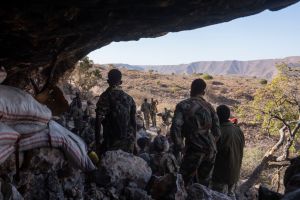


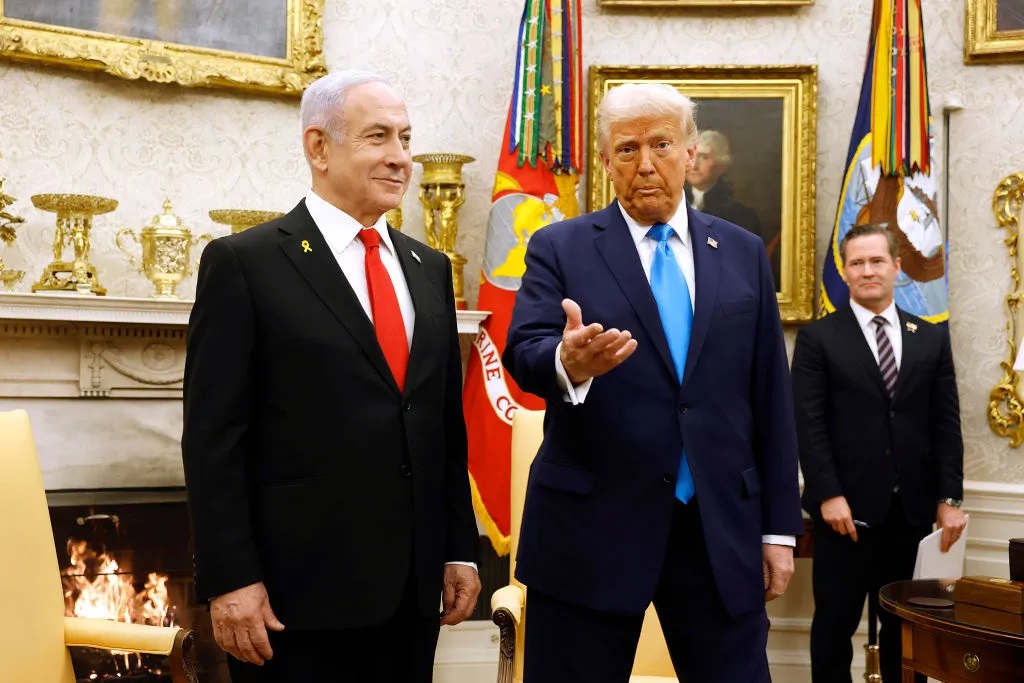
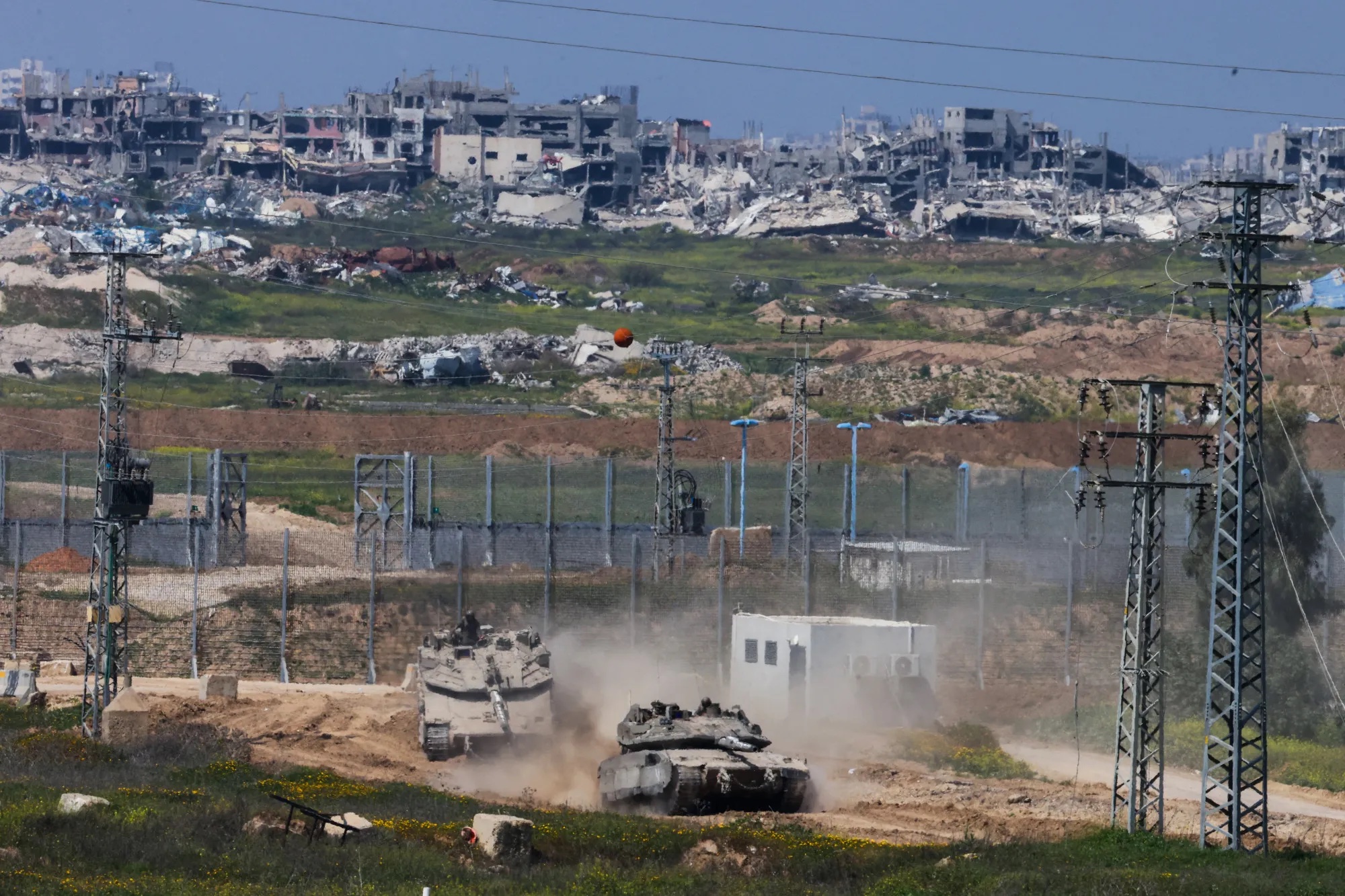
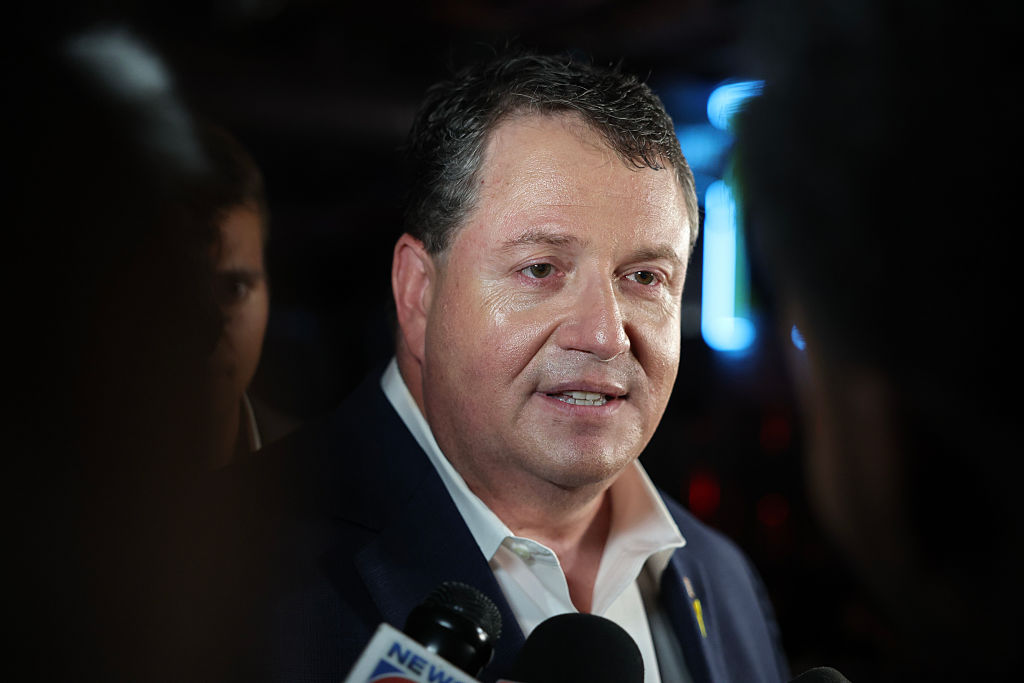

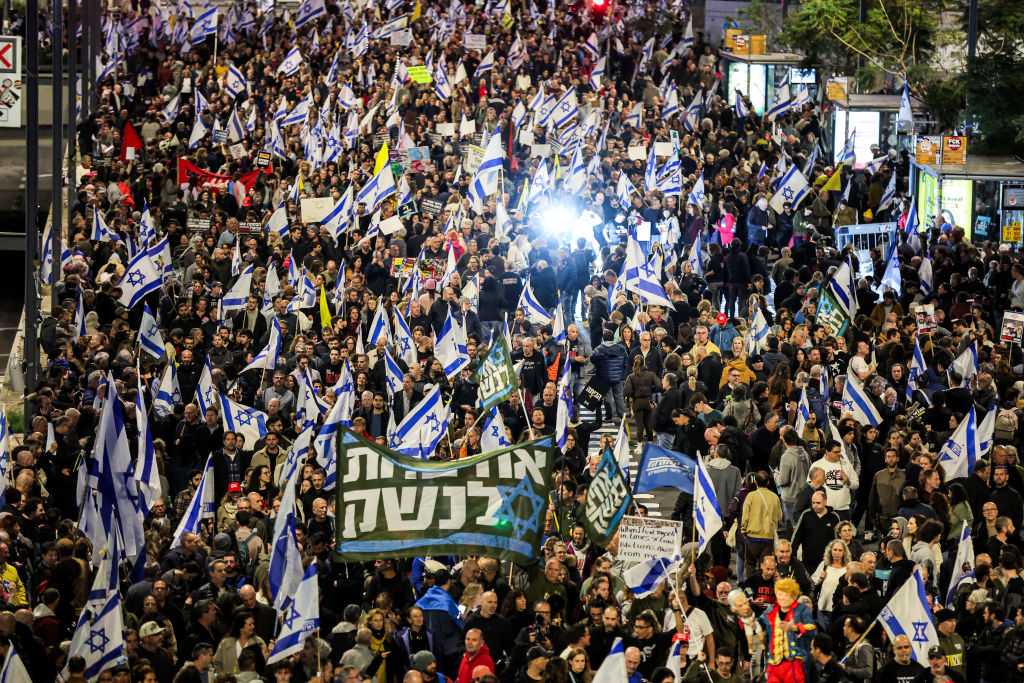







Leave a Reply